The Telescopes | Interview with Stephen Lawrie
Founded in 1987 by Stephen Lawrie, the Telescopes have been mining a unique anti-myopian seam of highly influential experimental, drone, noise, dream & psych. As they say themselves, their latest album Exploding Head Syndrome “consists of eight new songs and incantations that form a series of sonic convulsions stretching the parameters of intuitive composition to the point of auditory illusion”.
“Beyond the realm of natural vision”
The Telescopes will be returning to Gdańsk to celebrate their 30th birthday of their legendary album Taste. How does it feel to be still going strong in performing and releasing new albums?
We will play some material from Taste but we’re also promoting Exploding Head Syndrome, the new album out on Tapete and Strange Waves, the new EP with Fuzz Club. There’s also a Digipak re-issue of Stone Tape out on Cold Spring.
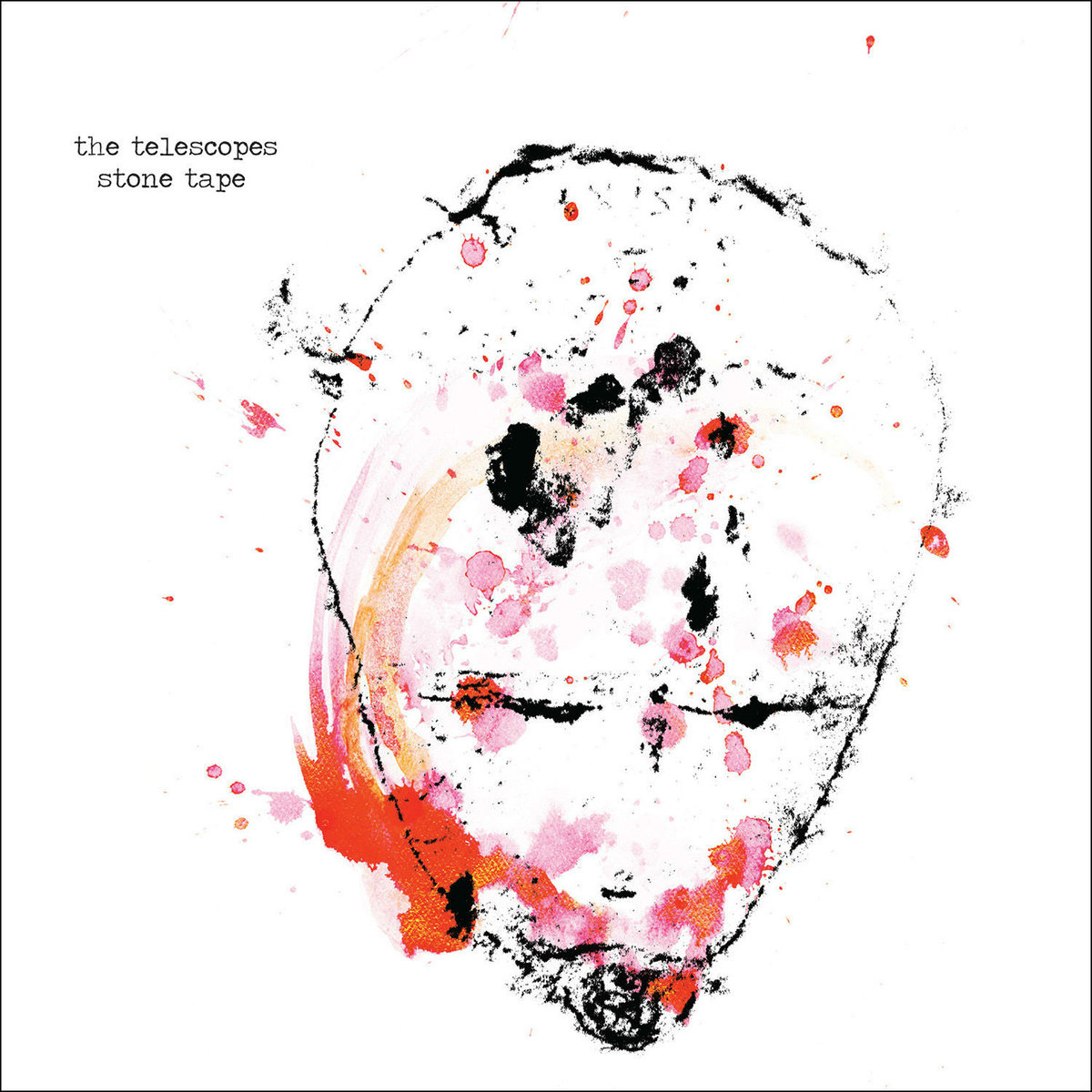
I’m not sure from one day to the next whether The Telescopes are going strong or not, it’s often skin of the teeth but I’m thankful for every chance I get to create something new. I have a lot of ideas I want to realise.
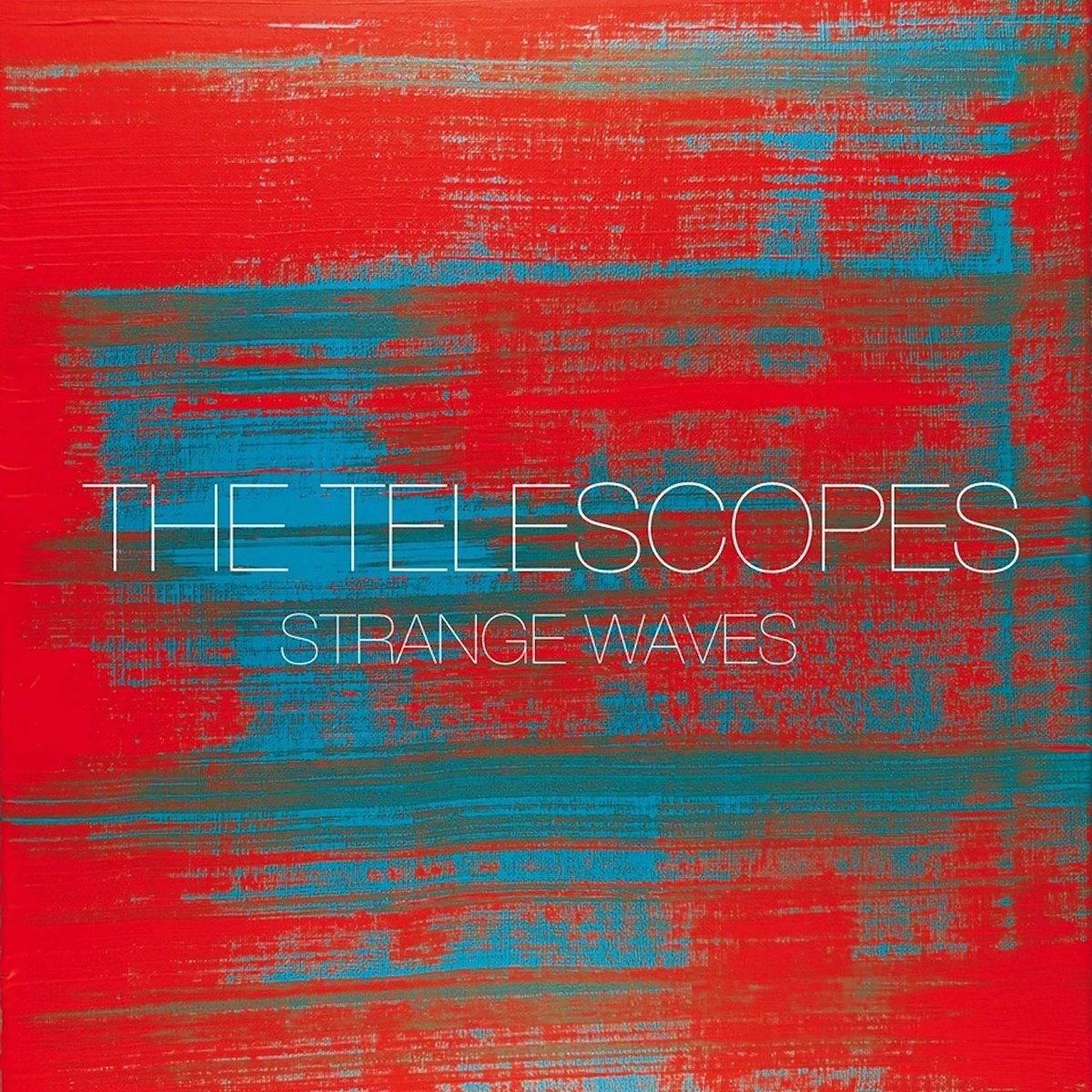
SpaceFest! 2019 will start in less than a month. Are you excited to return and perform there again? Will you be checking out some other bands as well?
Yes we’re all very excited about playing Spacefest. I was very ill last time we played and was concerned about making it through the show, but I really enjoyed the festival and I’m looking forward to playing again under healthier circumstances. We’ll be checking out all of the bands we are able to.
“It’s always a very abstract collage”
Quoting you about your latest album: “Exploding Head Syndrome consists of eight new songs and incantations that form a series of sonic convulsions stretching the parameters of intuitive composition to the point of auditory illusion”. Can you share some further details how your latest album was recorded?
I recorded that one myself, I had all the parts in my head so I just went for it really quickly. EHS has no more or less of a concept than any other album from The Telescopes. I never write about one specific thing, it’s always a very abstract collage. Any meaning is in the interpretation of the listener, I don’t like to interfere with that.
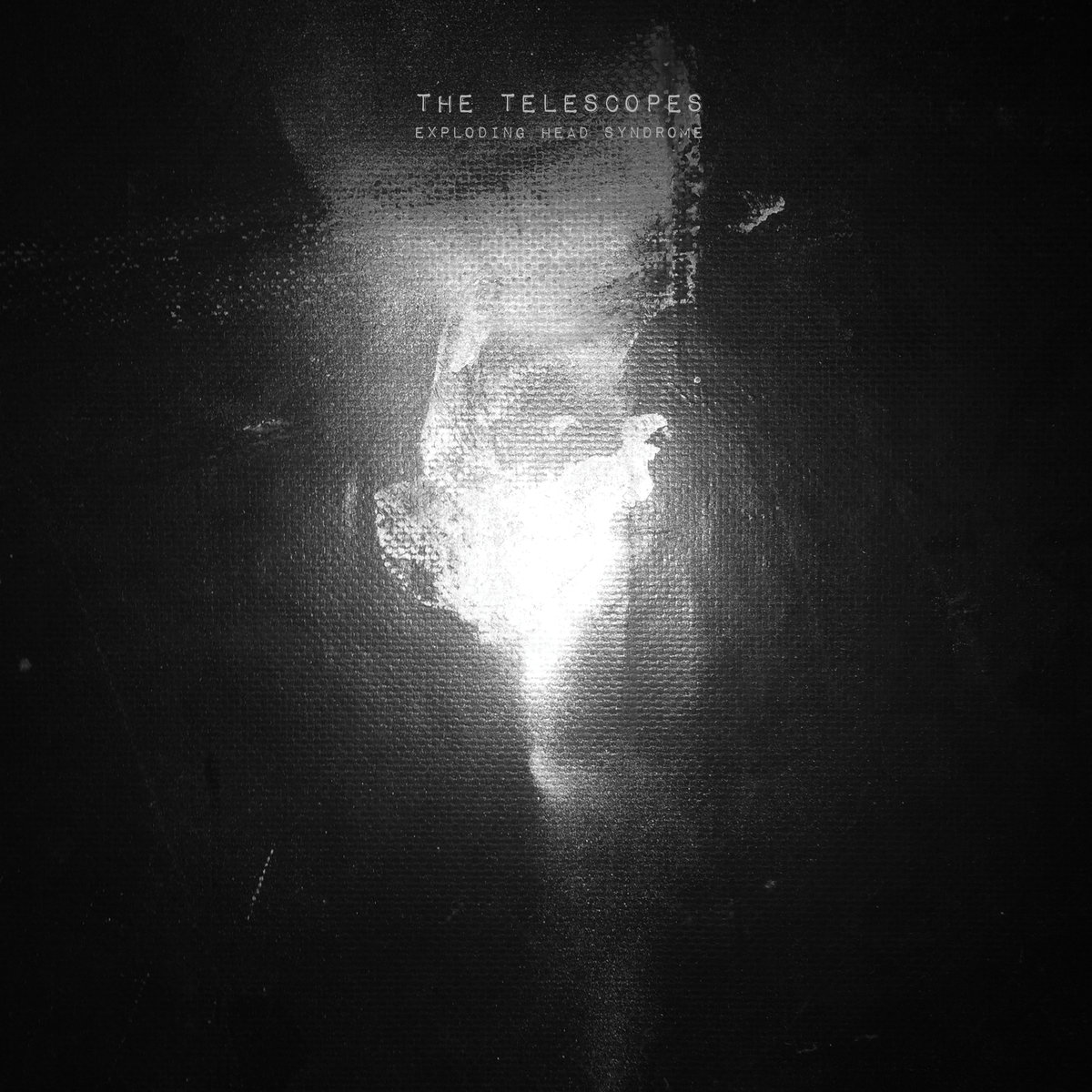
How do you usually approach music making?
I think about song writing all the time but I try not to labour it too much, I’ve made that mistake before and hit a wall. I’m constantly looking for that initial spark of inspiration, once it arrives it’s a case of writing as much as you can while you are in it; no matter where you are or what you are doing. If it’s inspired the rest will follow. I’m usually writing 4 or 5 songs at the same time, flitting between them.
The way I record really depends on the song or the piece I’m trying to achieve which usually suggests the way forward itself, the art is in recognising that I think.
How would you describe your sound compared to your debut album from 1989?
Probably closer to that sound now than a couple of years later when the second album came out. The sound changes all the time. The Telescopes house has many rooms.
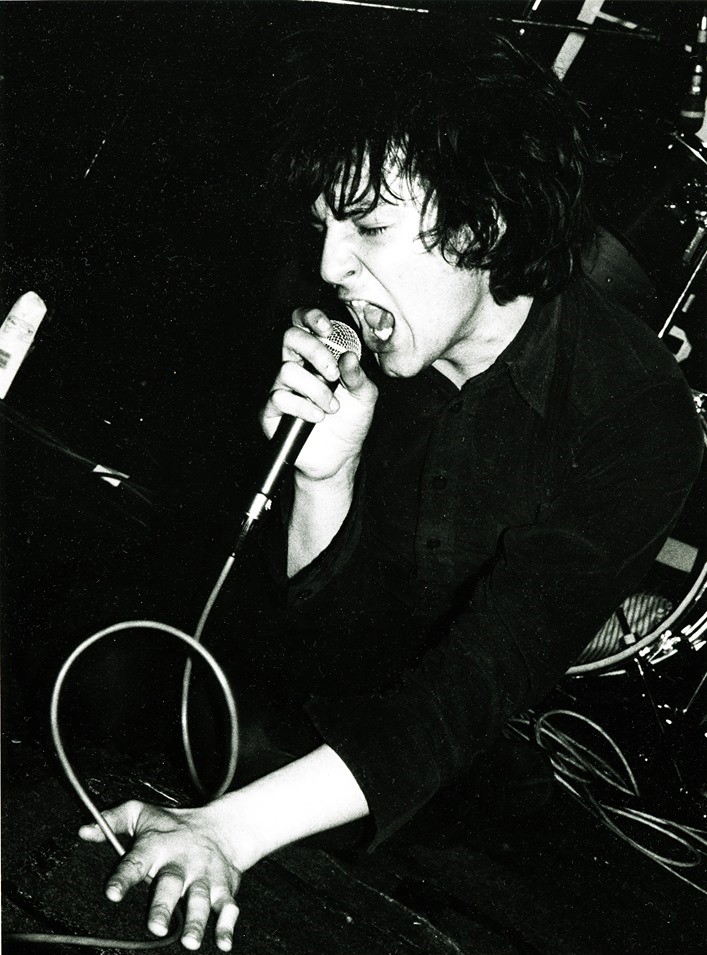
Is there a lot of time and preparation that goes into a recording session?
Yes and no. A lot of it is in my head. I think about the music obsessively until it’s time to record. However, I like to keep things fresh when I do record. Especially if I’m working with other musicians. We’ll have one run through at the most and then record, we don’t rehearse it.
Would you like to talk a bit about your background? Where and when did you grow up? When did you begin playing music? What was your first instrument? Who were your major influences?
I was born in East Hartford, Northumberland. Our family moved to the Midlands when I was young. At 14 and a half I moved to Holland, then when I was 16 I returned to the midlands where I started playing in bands. I started playing the guitar when I was 14 and I wrote lyrics separately but didn’t connect the two until I was about 16.
My very first instrument was playing the recorder at school, but I was terrible. I can’t sight read music intuitively.
My first influences in songwriting were things like The Beatles, Bob Dylan, David Bowie and Neil Young especially. By the time I started The Telescopes my influences would have been The Velvet Underground, Suicide, The Stooges and 13th Floor Elevators.
The Telescopes is basically your own project. It was founded in 1987. Can you elaborate the formation of The Telescopes?
It’s me and whoever is involved at the time. I formed the band after tiring of being in other bands I was never 100% with. I wanted to make the kind of music I wanted to hear. So I broke away on my own and eventually managed to attract other like minded souls.
When and how did you all originally meet with other band members? How do you select band members?
I’ve never really selected band members, it’s always been a natural gravitation towards working together. At the very start it was myself and a guy called Jon Shepherd, who I met through the fanzine culture and DIY events. The Telescopes went through about 4 or 5 line up changes before it even started recording. The closest I’ve ever come to selecting musicians was on Third Wave, where the Cellist, Violinist and Vibraphone player were sourced through the Musician’s Union.
What does the name “The Telescopes” refer to in the context of the band name?
By definition a Telescope is ‘Beyond the realm of natural vision’. This is how I see The Telescopes music, multi-layered, not something you can take in completely on a first listen. It takes a while to hear everything that’s going on.
Your debut was a split flexi disc with Loop on the Cheree label in 1988. It was part of Sowing Seeds fanzine giveaway. How did this project come to be?
Sowing Seeds saw us play in Birmingham and asked for a track. I didn’t have any songs that were short enough to fit the space available, the closest I had at the time was “Forever Close Your Eyes,” but I had to chop out a couple of verses and condense it down before we recorded it on our friend Jake’s 4-track.
“Kick the Wall”, and “7th# Disaster” singles followed on Cheree Records.
Yes, The Telescopes played a show in Lincoln at a place called the In-Psychclopedia where I was approached by a guy called Mike Stout who lived in Leeds with a record producer called Richard Formby. Richard and Mike got us in to record “Kick The Wall” just as Sowing Seeds decided to put their fanzine to rest and become Cheree Records.
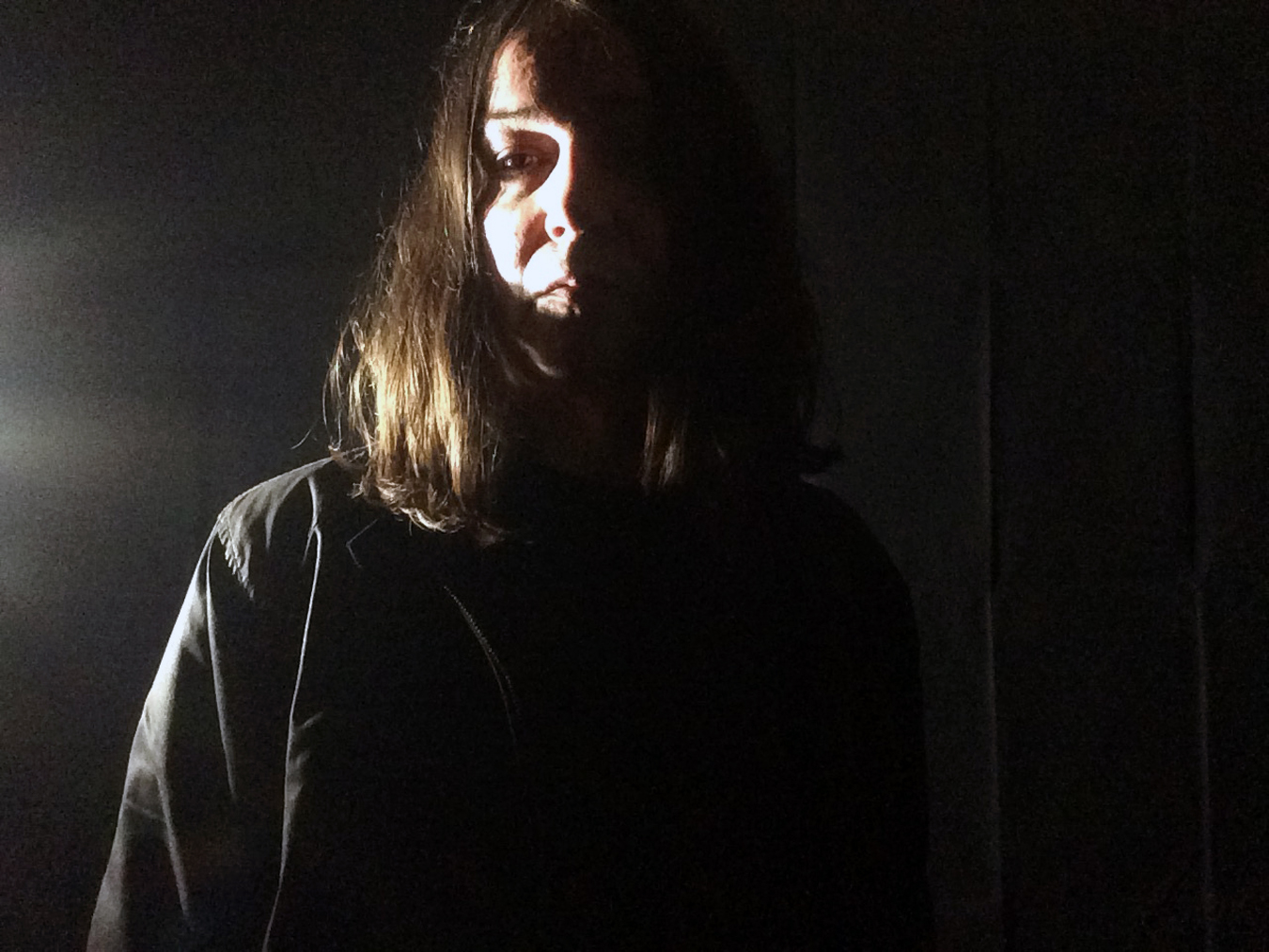
How would you describe underground scene of the day?
Vibrant and strong. That same scene still exists today, it has passed into new hands and is shared in different ways but it’s still there. Back then it was fanzines, DIY shows, music tabloids, letters and telephone calls, it’s just the technology that has changed, which has allowed it to become more global.
“Music became as much like painting as performing for me during those sessions”
What Goes On Records signed you and you released Taste album together with “The Perfect Needle” single. What are some of the strongest memories from recording Taste?
For me that’s when the experimentation began, during those sessions. I wasn’t just experimenting with noise guitars, there are all kinds of weird tape loops and strange ideas mixed in there; like recording the bass drones at the end of Suicide through a desktop fan or throwing an amp head on the floor with the spring reverb on full during “Oil Seed Rape”. Music became as much like painting as performing for me during those sessions. This is something that has remained at the core of all Telescopes music ever since.
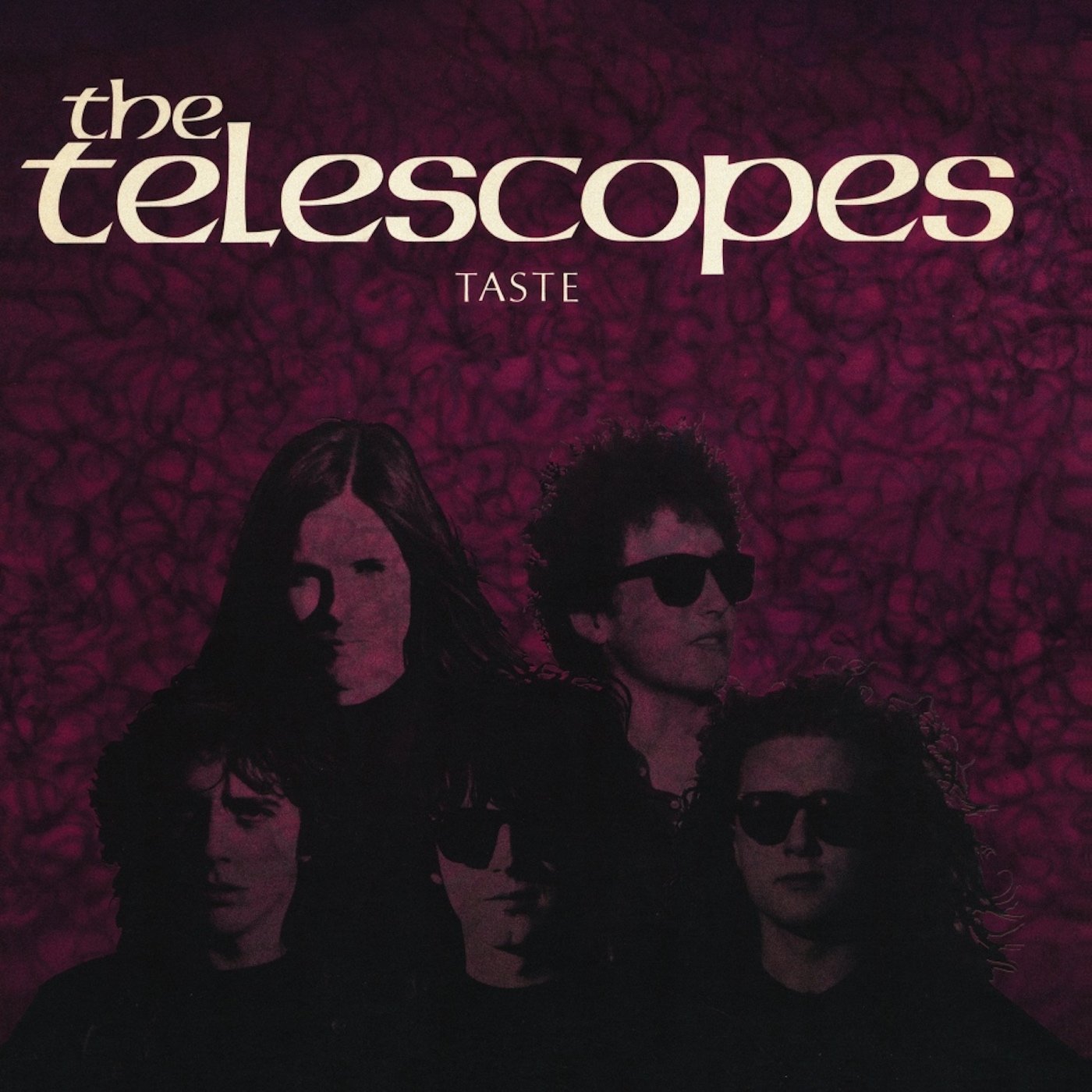
Your self-titled release from 1992 on Creation Records was different sounding. Was it planned or just spontaneous process for you?
If you listen to all the EPs in-between the 1st and 2nd albums you can hear a gradual progression in sound. It’s a case of trying to keep to what inspires rather than making the same record over and over again. That’s the general outlook with any Telescopes album.
Third Wave and #4 were released a few years later. What occupied your life in-between those years?
I was struggling to get by and learning about the new computer technology; how to become more self sufficient and record my own music and create my own sleeve art. I also set up the Antenna label and used these skills and my industry contacts to help other bands get their ideas out there.
What influenced you to start experimenting with electronic soundscapes?
Through learning about digital technology I came into contact with a lot of breakbeat practitioners, a lot of them are real tech heads and introduced me to all kinds of software and hardware. I enrolled myself on courses to learn more.
Around the same sort of time I met Randall Nieman from Füxa, who was using technology in a way that was reminiscent of some of the stuff I’d done previously with The Telescopes.
From the connection I made, through Randall, between The Telescopes and electronic music I gravitated towards more vintage equipment like the EDP Wasp and various Theremins and found my own way forward.
A lot of the sounds on #4 are actually guitars btw. They’re just not played in the traditional way.
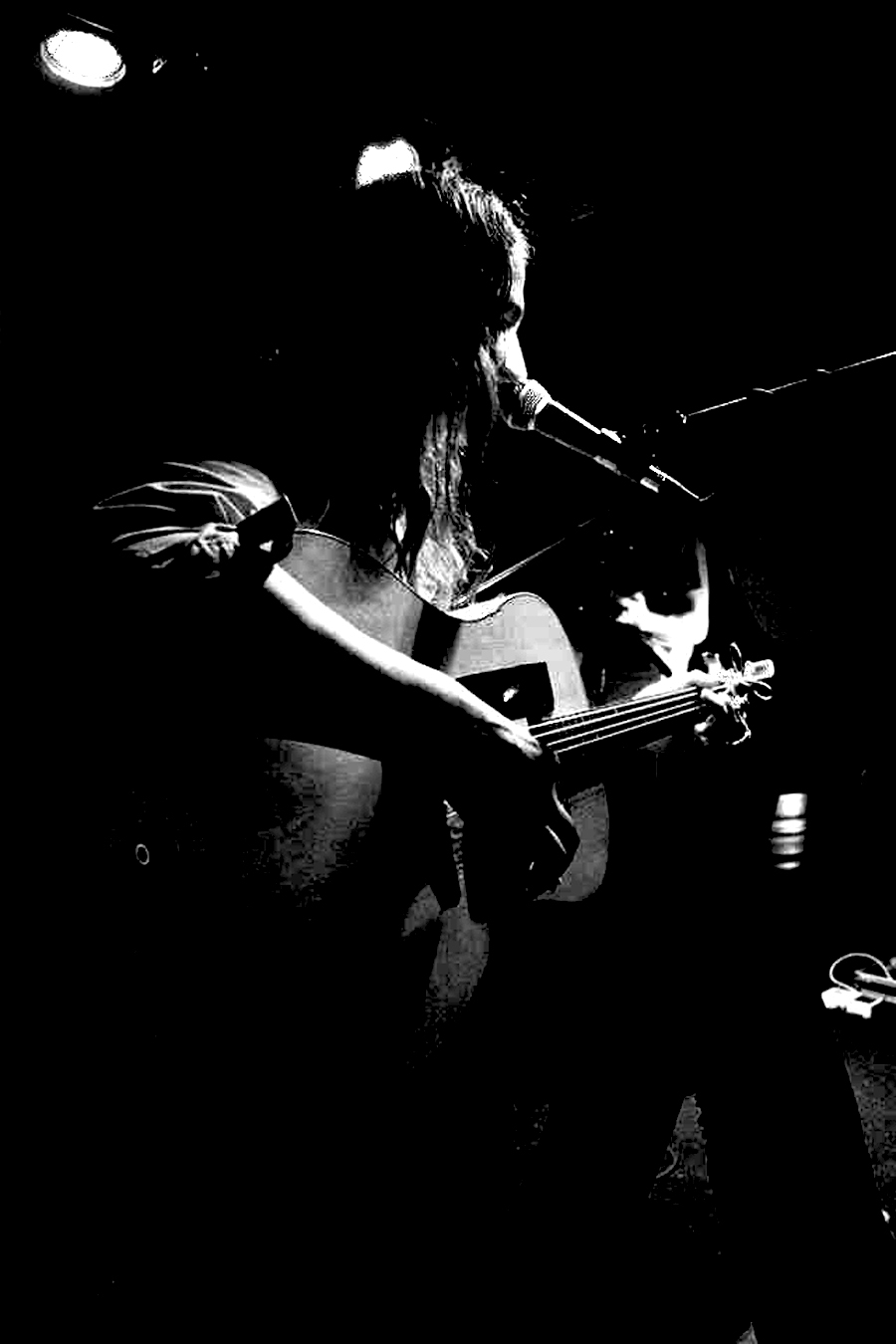
I really enjoyed the drone version of Nick Drake’s “Black Eyed Dog”.
In the early 90s. I got the boxset. “Black Eyed Dog” was on there.
I always thought it would be a great song to cover; quite overlooked, but the finger picking put me off doing so, he had his own style. Then one day I was droning around with the Wasp and started singing it over the top, more just for fun than anything. So I had an epiphany to do a drone version without the finger picking.
When I first started doing cover versions I was concerned with trying to do as accurate a tribute as possible, but as time has gone on I’ve grown to find it pointless covering other people’s music unless you have your own take on it; which involves getting down to the essence of the song, not replicating the original arrangements.
How would you compare Hidden Fields to Exploding Head Syndrome?
The former was made with other musicians in a mostly live situation, the latter was multi layered by myself.
“I like to leave a lot of room for spontaneity because every place has a different vibe”
How important is improvisation for you? What is your philosophy about vocals?
Quite often arrangements come to me by the time I have the basic song written, but sometimes they don’t and that’s where improvisation comes in; trial and error. Sometimes I have a piece that I want to throw open to others, with just loose parameters of where it might go, which is another instance where improvisation is important.
At live shows I like to leave a lot of room for spontaneity because every place has a different vibe and it’s more about an interaction between the music and the environment than imposing any pre conceived presentation on a room where it may not necessarily work. It makes more sense to me to try and keep things in flux rather than keep to a template.
I don’t really have any philosophy on vocals, other than keep one headphone on and one off when recording and if you can hear yourself then you’re probably out of tune. Breathe in time with the music and envisage every phrase before you sing it. The most important thing is to get the lyrics across in a way that sounds right within the music. Ultimately they’re just another layer.
I interviewed a ton of garage and psych bands from the 1960s. What are some less known bands that you truly enjoy listening to?
The Spades, The Groupies, The Golden Dawn, West Coast Pop Art Experimental Band, The Squires, The Third Bardo, The Calico Wall, The Electras, I could go on forever.
Were you inspired by psychoactive substances like LSD at the time of writing the album?
No I’ve never written under the influence of anything like that.
What currently occupies your life? Any future projects we should expect?
Yes I’m working on a few different projects at the moment. The first will be released early next year.
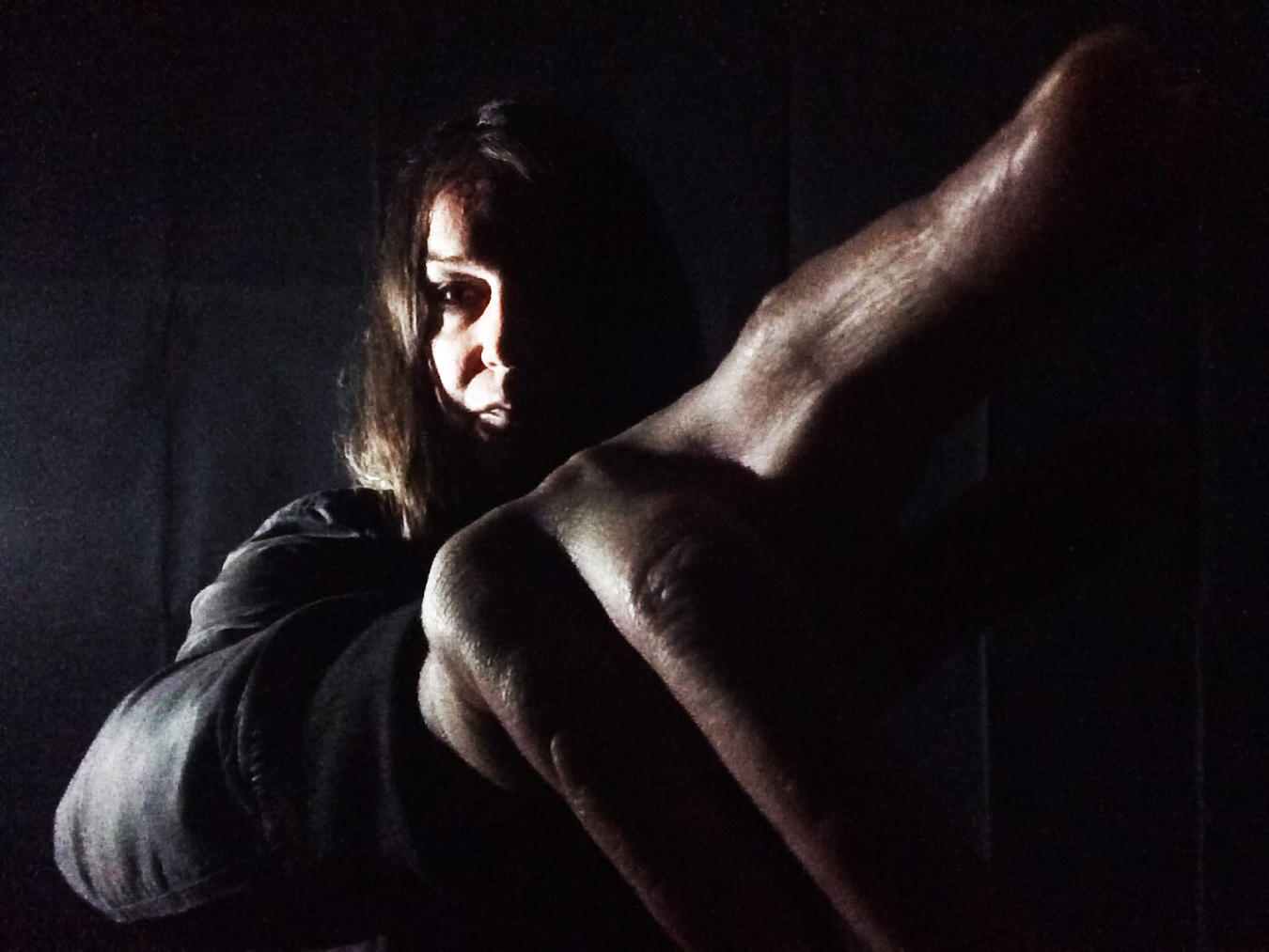
Let’s end this interview with some of your favourite albums. Have you found something new lately you would like to recommend to our readers?
Deceased Squirrel On The Phone and At Bona Fide. Both from the Czech Republic.
Thank you for taking your time. Last word is yours.
Thank you. Deceased Squirrel On The Phone and At Bona Fide. Be sure to check them out. Stephen Lawrie
Klemen Breznikar
The Telescopes Facebook / Instagram / Twitter / Bandcamp



